|
If you’ve got a home loan, there’s a good chance you’ve recently been losing a bit more sleep over it than usual. The cost of living is skyrocketing, interest rates keep going up and pay rises are few and far between.
So, what if you actually can’t pay your mortgage?
Today, finance lecturer Andrew Grant lays out the options: everything from payment plans and payment holidays to asking your bank to waive discretionary fees.
As he explains, it’s not especially rare for a borrower to face a period of temporary financial hardship and banks have processes to manage these situations. And it’s worth remembering, Grant writes, that banks typically do not want their customers to default on property.
“Usually, it’s easier for the bank to make hardship arrangements with a customer - and build trust along the way - than it is to wind up a mortgage, seize the property and then have to deal with trying to sell it in a flagging market,” he writes.
|

|
Sunanda Creagh
Senior Editor
|
|
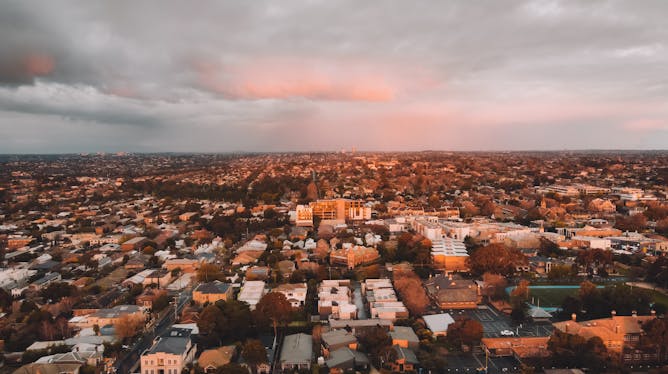
Andrew Grant, University of Sydney
Banks typically do not want their customers to default on property and have processes in place to help reduce the risk of this happening.
|

Peter Breadon, Grattan Institute
How can we get better primary health care access, quality and affordability that Labor has promised? We need to learn from what’s worked and failed overseas.
|
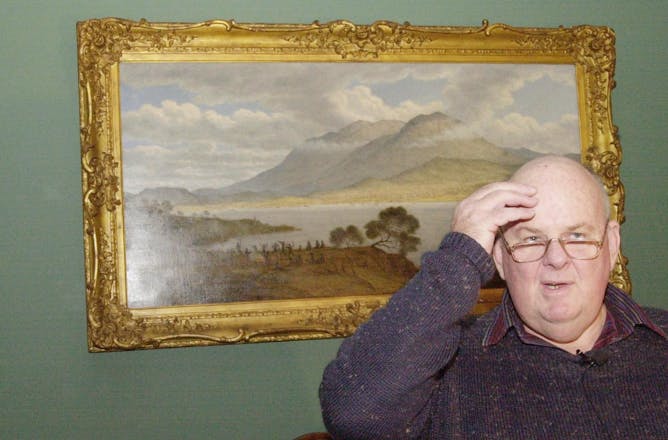
Amanda Tink, Western Sydney University
Les Murray’s habit of rearranging and recontexualising his poetry was a reflection of his distinctive way of perceiving the world.
|

Lisa Hill, University of Adelaide
Disinformation damages trust in government and undermines democracy. Our research shows there are ways to tackle it – with examples from Australia and abroad.
|
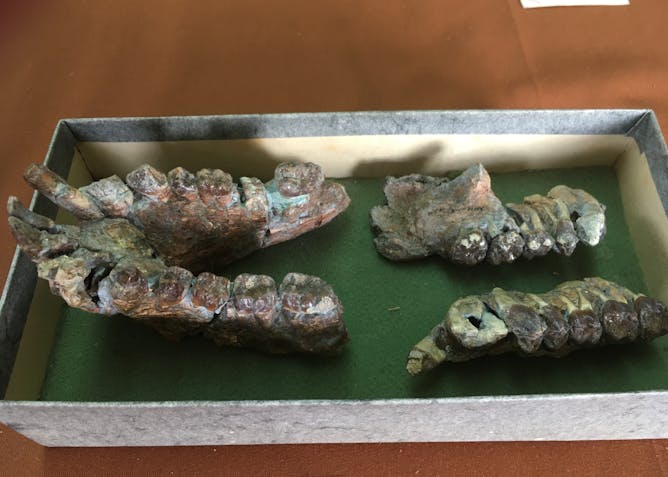
Tanya M. Smith, Griffith University; Daniel Green, Columbia University
Cutting-edge analysis of fossil ape teeth reveals ancient seasonal change in Africa, long before human ancestors appeared. The method will be crucial for the future study of early hominins.
|
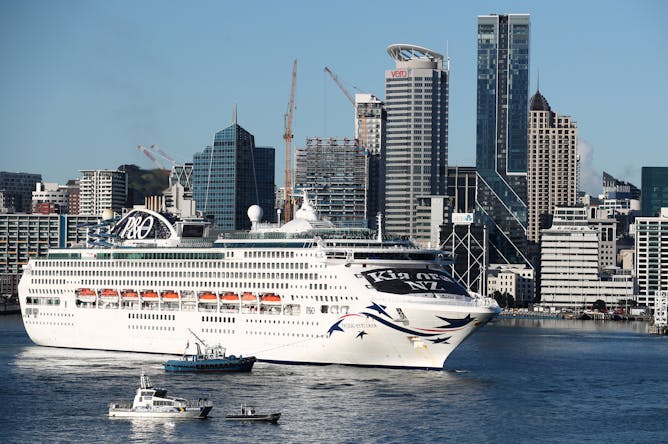
Timothy Welch, University of Auckland
Cruise liners are back and demand is reportedly strong. But given their environmental impact and relatively low economic benefit, how sustainable is this kind of tourism?
|
Politics + Society
|
-
Bernard Walker, University of Canterbury
Firefighters are ringing the alarm about underfunding that’s potentially putting lives at risk. But can industrial law resolve those deeper issues?
|
|
Health + Medicine
|
-
Helen Dickinson, UNSW Sydney; George Disney, The University of Melbourne
Some NDIS participants worry if they don’t spend their annual funds, they won’t be offered the same supports in their next plan – and it’s harder for some to use what they’ve been allocated.
|
|
Science + Technology
|
-
Julia Scott-Stevenson, University of Technology Sydney
Anduril says it is “transforming US & allied military capabilities with advanced technology” – and it’s setting up shop in Australia.
|
|
Environment + Energy
|
-
James Lesh, Deakin University
Our urban heritage should be allowed to evolve and adapt to the values and needs of today. It’s the best way to avoid neglect and decay, while enabling this heritage to help make cities sustainable.
|
|
Arts + Culture
|
-
Amelie Katczynski, Deakin University; Elaine Stratford, University of Tasmania; Pauline Marsh, University of Tasmania
Every year, tens of thousands travel to art events throughout Tasmania. These unique festival landscapes change the way we experience the world – and ourselves.
-
Andrea Waling, La Trobe University; Jacinthe Flore, RMIT University; Kiran Pienaar, Deakin University
How To Build A Sex Room is a classic home renovation reality show, with a sexy, and wholesome, twist.
|
|
Books + Ideas
|
-
Claire Corbett, University of Technology Sydney
In his third book, An Ordinary Ecstasy, Luke Carman conducts an immersive conversation with literature and life.
|
|
| |
|
|
|
University of Tasmania
Launceston TAS, Australia
•
Full Time
|

|
|
Australian National University
Canberra Australian Capital Territory, Australia
•
Full Time
|

|
|
Faculty of Society & Design, Bond University
Gold Coast QLD, Australia
•
PhD Scholarship
|

|
|
|
|
| |
| |
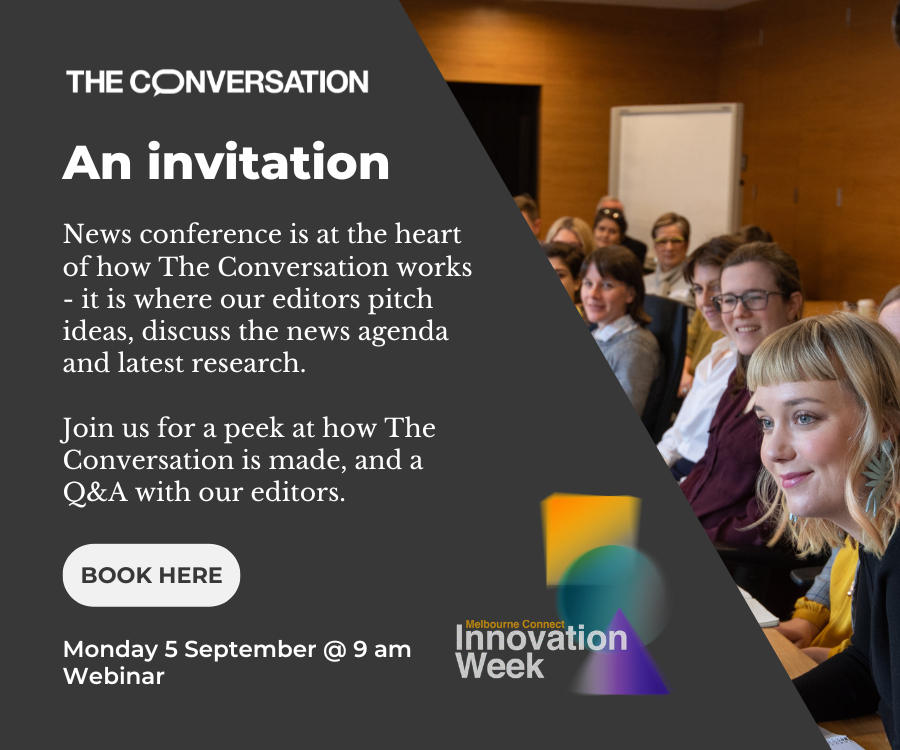
|
| |
| |
| |
Featured Events, Courses & Podcasts
|
View all
|
|
7 October 2021 - 7 October 2026
•
|

|
1 - 2 September 2022
•
Perth
|

|
5 - 9 September 2022
•
Carlton
|
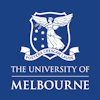
|
26 September - 3 December 2022
•
Melbourne
|

|
|
|
|
| |
| |
| |
| |
| |
|
|